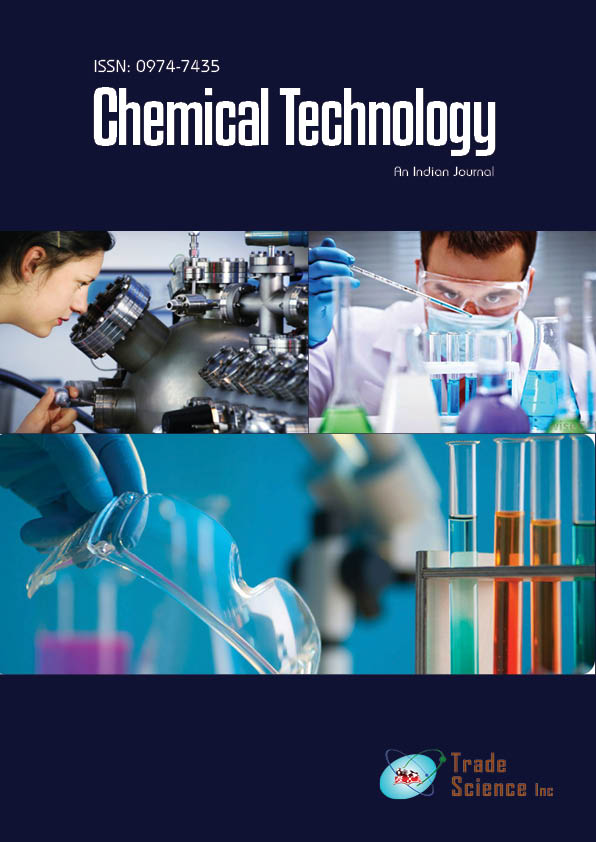Abstracto
Ameliorative Effects of Dandelion on Lead-Induced Bone Disorders In Vivo
Gargouri M, Ben Saad H, Magne C and El Feki A
The present study aimed to assess the toxic effects of prenatal exposure to lead acetate (Pb) on newborn rats’ bone tissue and its possible debilitation by dandelion. Female rats were given a normal diet or a diet enriched with dandelion. Additionally, lead acetate was administered to one-half through drinking water from the 5th day of gestation to day 14 post-partum. Consequently, a decrease in body and femur weights as well as in femur length of pups was noted. Moreover, lipid peroxidation increased in newborn femur upon Pb treatment, while superoxide dismutase, catalase and glutathione peroxidase activities decreased. Concomitantly, we showed lead deposition in the blood and femur of newborns. Besides, lead caused a significant decrease in calcium and phosphorus levels in bone, whereas, in plasma the former increased and the latter decreased. Plasma total tartrate-resistant acid phosphatase was enhanced, while total alkaline phosphatase was reduced. Bone disorders were confirmed by femur histological examination. Conversely, no such damages or biochemical changes were found in neonates from mothers supplemented with dandelion. The results showed, for the first time, that dandelion protects bones of Pb-treated rats against oxidative stress.
